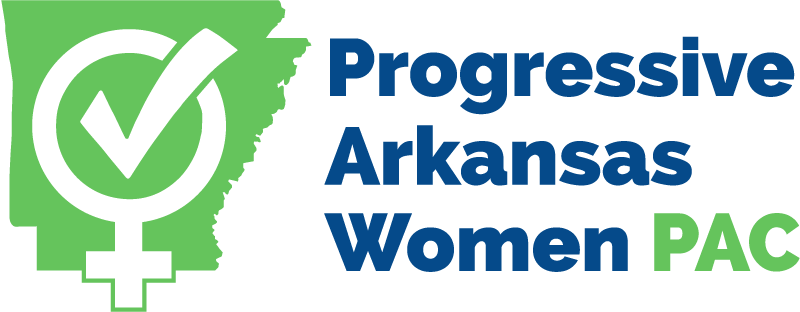This is the first of a two-part blog post on the impact of local elections.
Tip O’Neill, former Speaker of the U.S. House of Representatives, famously coined the phrase, “all politics is local.” This is a mantra that generations of public servants lived by, believing that their re-election depended on cutting the ribbon at the new community center or securing funding to expand an overpass or fighting federal bureaucrats on a regulation that harms local farms.
But, is all politics local anymore? With the 24-hour news cycle and explosion of social media, one could argue that “all politics is national.” There seems to be a never-ending, loud debate of issues that divide us, like climate change, reproductive rights, and immigration. This dialogue often sucks all of the oxygen out of the room, leaving little time and patience for discussion about issues that actually impact our day-to-day lives. And for the vast majority of us, the more important discussion is how our local officials develop policies and implement solutions to respond to these issues.
Local officials serve as our voice, both in developing state and local policy and in communicating with our federal officials. It is not uncommon for local officials to lead federal officials on important policy matters. We’ve seen this in Arkansas (and around the country) with the passage of the minimum wage increase and medical marijuana initiatives.
The local officials we elect today often become tomorrow’s governors, senators, and members of Congress. Locally elected officials develop skills and expertise while increasing their name recognition and growing their donor pools, which all lay the foundation for higher political office in the future.
Local elections give voters the greatest opportunity to have their voices heard. The smaller the election, the more important one citizen’s vote becomes. Officeholders are elected to represent the majority of their electorate. When a large number of eligible voters don’t vote, the majority may not be represented, and worse, our elected officials may represent the views of a minority of the population that they serve. Politicians typically cater to the groups of people most likely to cast ballots. And generally speaking, wealthy(ier), older, white voters turn out at higher rates than other voting blocs, so their views are likely to be better reflected in local, state, and national government.
Locally elected officials have influence over things such as leveraging our property taxes to invest into community improvement projects. They also decide whether or not our roads are riddled with potholes, what is taught to our children in school, how our police forces are trained, and who is eligible for social service programs. Perhaps most important of all, local officials decide who is eligible to vote and how and when eligible voters cast their ballots. This is the cornerstone of our democracy.
So, vote like our democracy depends on it. Because it does.
Lauren Henry Cowles is a consultant with a Washington, DC-based government affairs firm. Lauren spent nearly a decade working in the U.S. Senate before working as a federal lobbyist. A Little Rock native and Central High graduate, Lauren moved back to Little Rock from Washington, DC, in 2018 with her husband and their three children.
